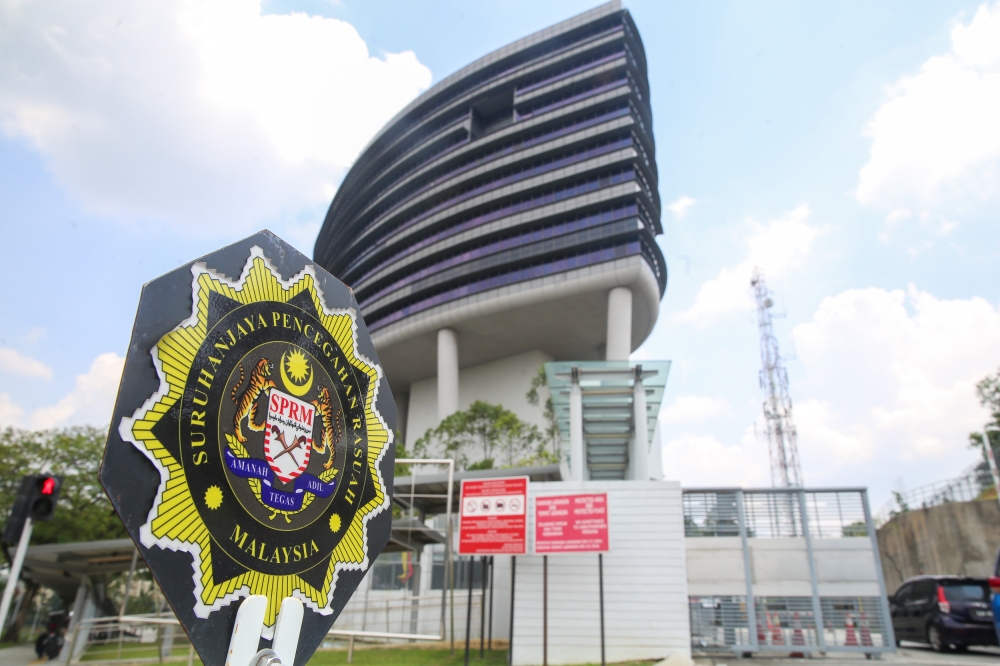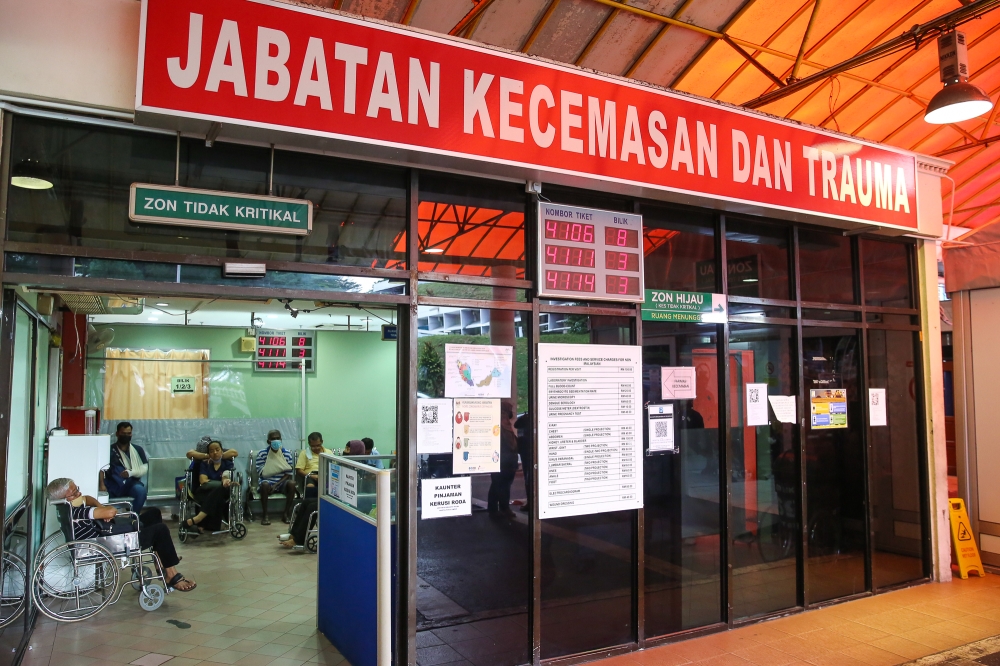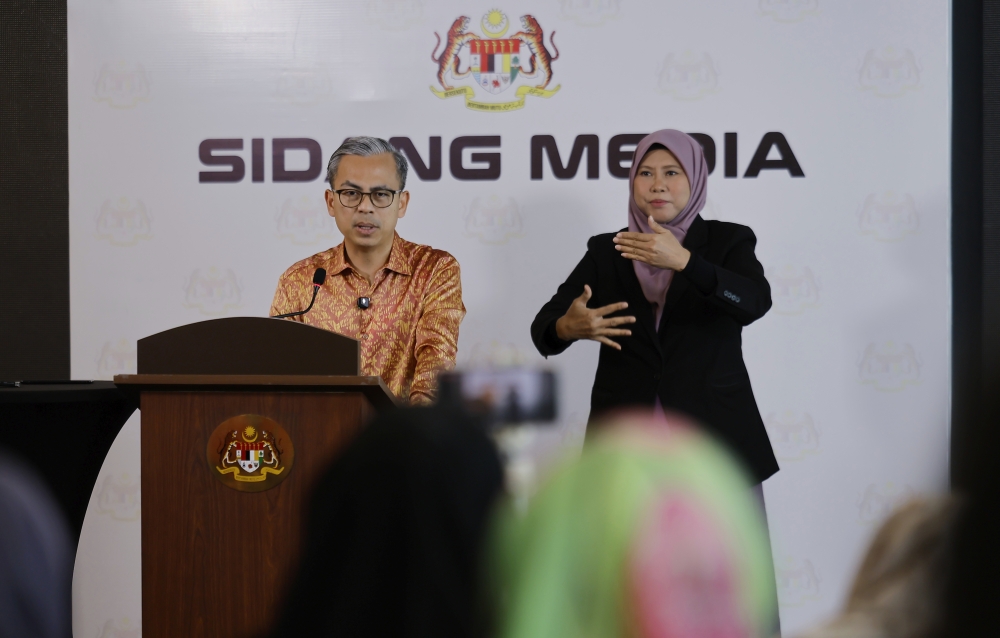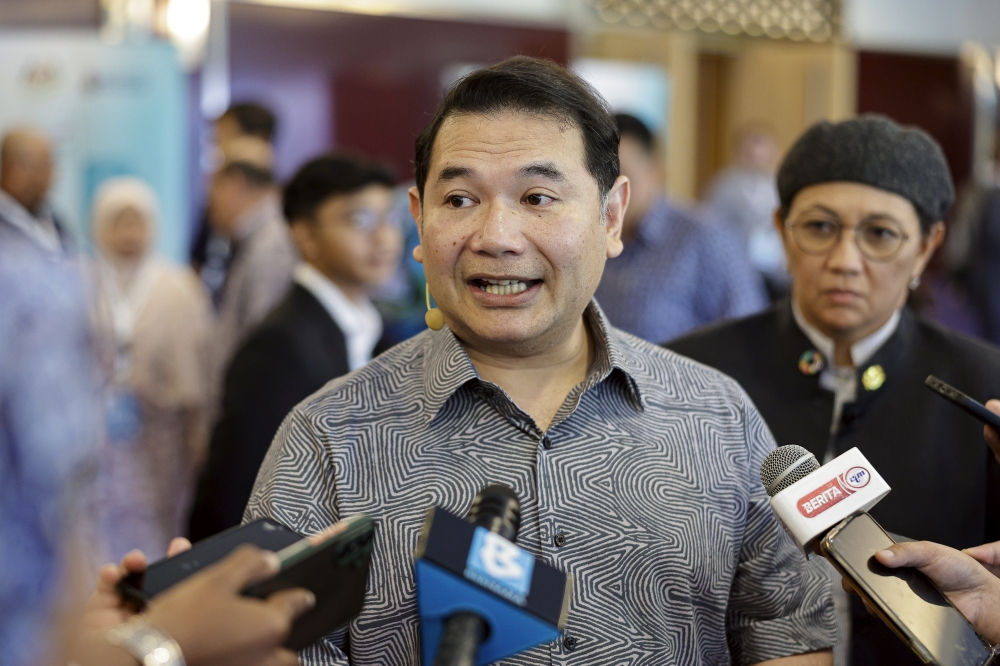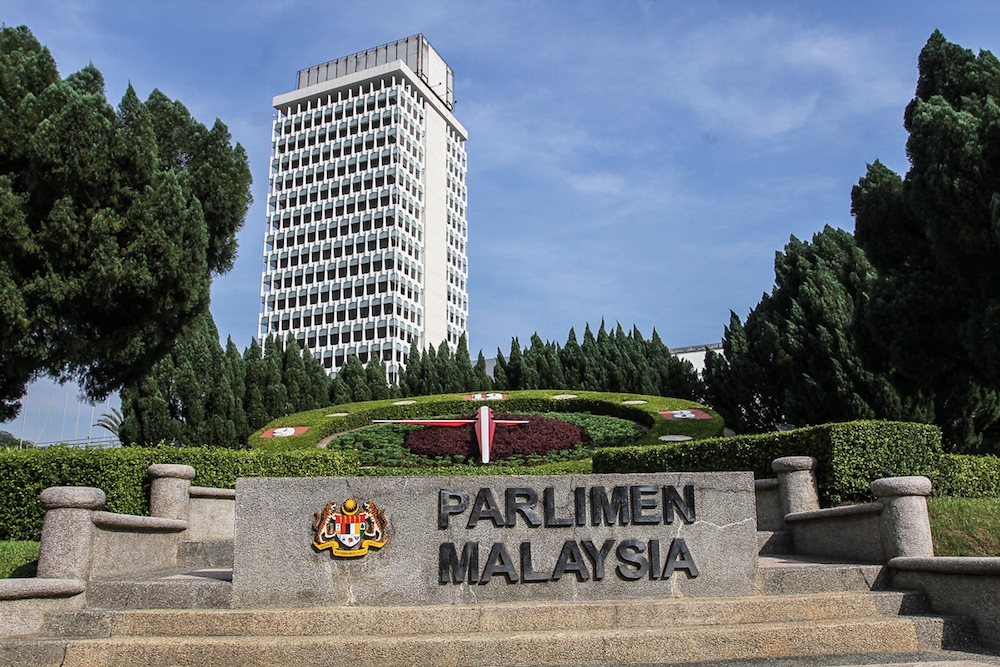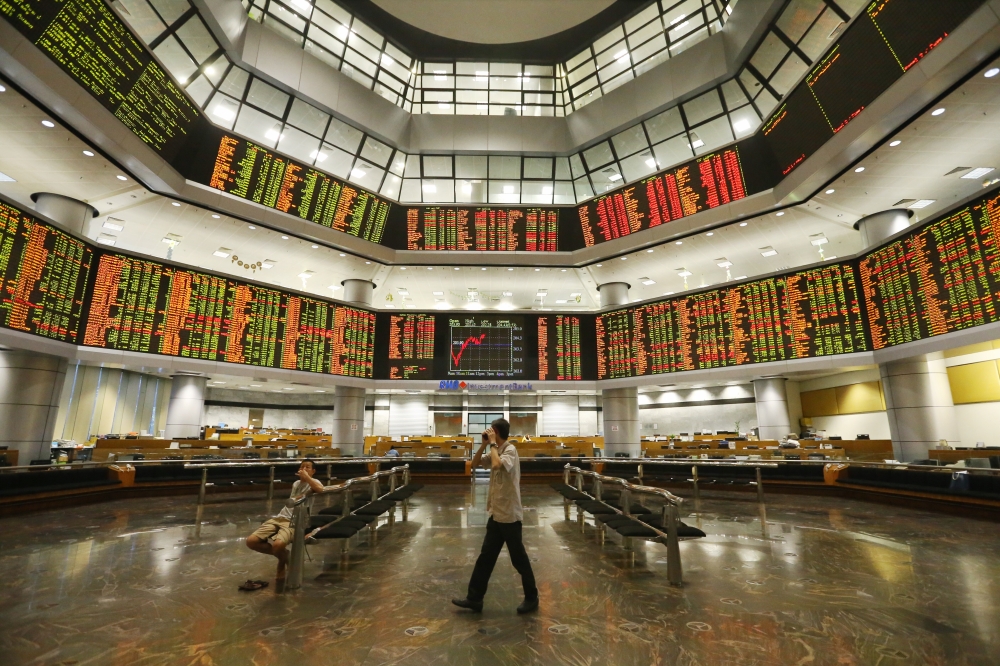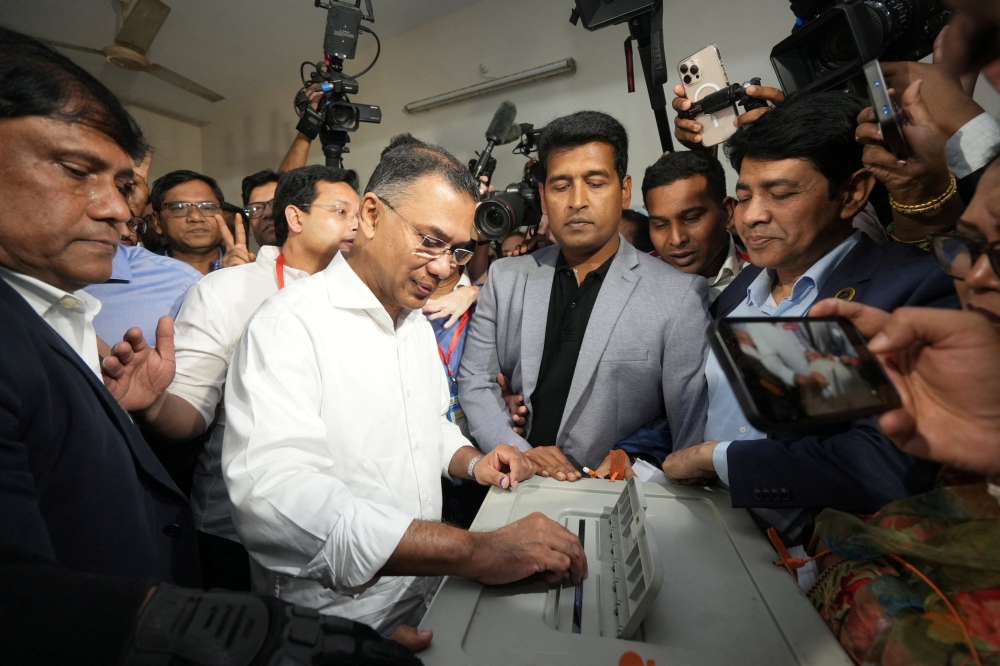APRIL 8 — A CNN Business story from late March revealed China was still trailing the US in cutting-edge technology despite being home to a third of the world’s “unicorns,” or tech startups valued over US$1 billion.
This gap, the article explains, is the result of lower Chinese investments in research and development. While this may be true, and China and South Korea are steadily narrowing the technological stretch between America and everyone else, I do not believe Asia will ever be at the vanguard of future tech.
And that is because we do not have the freedom to fail, which drives Asia’s alarming poverty of visionaries. It is a mindset problem that won’t be solved by throwing money at it.
Let me illustrate this concept through a daily example. Go to any mall in Asia that has multiple automated entry and exit points and you will find most cars crowding one long, snaking line instead of distributing themselves among the gateways.
Why? Because we fear failure. It is hardwired into us from an early age. Consequently, it is better to use the gate that is plainly working than risk queuing up before one that may not, even if that means exiting later.
Debating the “freedom to fail” is topical and dare I say urgent as it will shape the future of societies as we enter the Fourth Industrial Revolution where the definition of “work” will radically shift from punching clocks to creating “value.” And such value will not be sustainable without fearless small-to-medium scale entrepreneurs.
What are visionaries? They are friends of failure. It is a deep connection with the downward spiral that sharpens their problem-solving skills. And without visionaries leading the vanguard of entrepreneurial spirit in the coming age, many societies will be left playing catch-up forever.
In Asia, the fear of failure is wed to the desire of upholding the family honor and “saving face.” We are raised to place the needs of others above ourselves even if they scar us. We are raised to as a herd follow the proven paths of life. This is catastrophic for personal growth.
Now let us direct our attention for a second to Silicon Valley, the US mecca of tech start-ups that revolutionised the Internet and engineered the devices we today consider indispensable to modern living. That entire ecosystem lives and dies by the motto “fail fast.”
Why? Because the gods of technology claim the faster your fail, the sooner you can find the one approach that solves problems. It spurs a life-long commitment to learning. Failure hence is a badge of honour and not the mark of shame.
Bill Gates, Mark Zuckerberg, Richard Branson, Elon Musk, and the late Steve Jobs: Why do most tech visionaries come from western cultures? When Korea, Japan and Singapore have pound-for-pound the best education systems in the world? Because the former have the freedom to fail.
Now at this point, some of you may have fomented a clear rebuttal to my thesis: Economics is not the sole benchmark of successful societies. Collectivism is rooted in an ethical approach to life and acts as the glue holding society together. Let us not glamourise the West while its foundation, the “nuclear family,” crumbles and causes social confusion and conflict.
This is a fair point but one that rests on the assumption that the major fallout from lacking the freedom to fail is economic. It is not. The emergent domino effect is both insidious and extensive in nature.
The “herd mentality” so prevalent in Asian societies is self-destructive. It is the product of collectivism gone wrong.
It glorifies mediocrity over originality for the “greater good.” Think of Asian students and their career choices. From a young age, they are pushed toward specific career destinations are shunned by family as “black sheep” should they rebel.
In Malaysia, for example, it’s either medicine, engineering or law. Everyone else may as well be a janitor. They start rote memorising and test-taking the moment they hit pre-school and this continues all the way through college.
Now what happens when you force yourself into college majors or professions that you have no personal aptitude or passion for? You remain mediocre at best. You can never compete with those that possess the innate faculties necessary to find success in that field.
And an economy packed with mediocre workers bred to follow orders performs mechanical work well, but is dreadful at innovation. This model will sink many societies in the age of AI.
And as a critical mass, mediocrity has a demoralising effect on society. It fuels the short-termism in our worldview that makes long-term existential issues like global warming such a tough sell.
For a number of years now, Asia’s solution to the dearth of original thinkers and innovators had been to deploy a top-down approach to tertiary education where project-based learning replaces test-taking. Singapore has been at the forefront of this change. While a noble undertaking, it is naïve and doomed to fail.
You cannot unlock the creative problem-solving potential of young adults in college when they have spent their formative years memorising textbooks. Such policy may produce minor improvements down the line, but by then the gap between the desired and actual state of social innovation will have lengthened exponentially.
We have two clear choices in the coming era. Either to accept that Asia will never eclipse the West insofar as game-changing tech is concerned, i.e. resign ourselves to remaining “followers,” and focus our energies on nimble-footed business practices.
Or we completely do away with the fear of failure and take risks that will vault us into global leadership roles. Societies and their stakeholders must decide where they wish to see themselves in 50 years.
For the real fear is those willing to follow indefinitely may sacrifice the mavericks among them capable of real change and further darken an inferiority complex that continues to perpetuate the West’s technological dominance.
* The writer is an Ipoh-based independent journalist.
** This is the personal opinion of the writer or publication and does not necessarily represent the views of Malay Mail.



